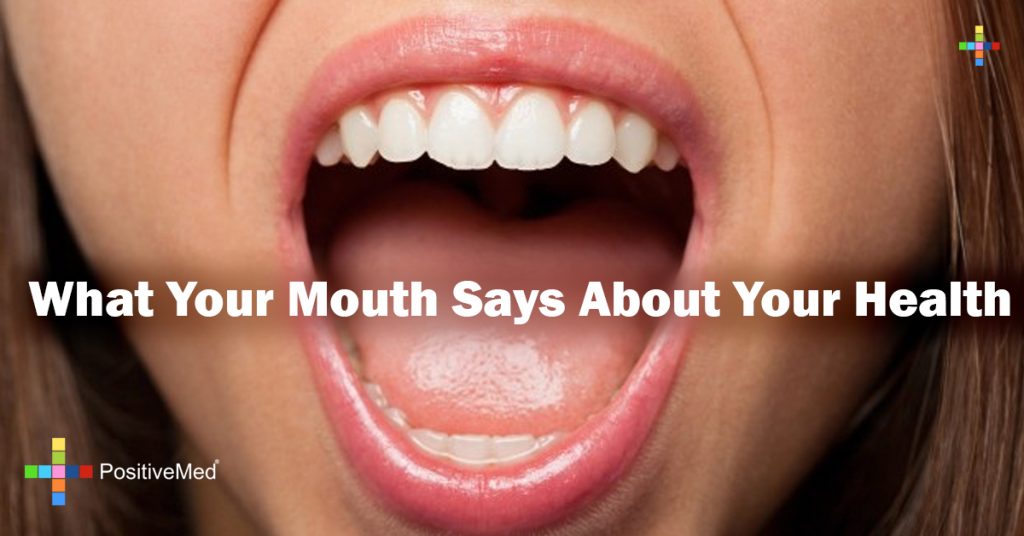
What Your Mouth Says About Your Health
Your mouth says a lot about you, maybe even more than you think. We all know that facial expressions like smiling or frowning can instantly tell others our mood. We can pout if we are unhappy, we can even scream when we are mad. But what does your mouth say to you? More specifically, what can your mouth say about your personal health?
We’ve all obediently dragged ourselves back to the dentist’s office for yearly check-ups since we were kids. Brushing and flossing every day has been the constant mantra of professional dentistry for ages, but oral hygiene has roots dating back to the dawn of civilization. Even as early as 500 B.C., when most of our ancient written records first began, Aristotle and Hippocrates wrote about treating tooth decay, gum disease and tooth extraction using forceps.

More recently, studies performed by the Mayo Clinic have shown broad connections between problems in the mouth and the rest of the body. The formation of bacteria in our mouths is natural and can usually be combated by the body’s immune defenses along with good oral hygiene, but when those bacteria reach critical levels, very serious conditions can arise. In addition to tooth decay and gum disease, the spread of these bacteria from your mouth, via the bloodstream, to other parts of your body can lead to conditions like Endocarditis, Cardiovascular Disease, and even premature birth.
Here are a few symptoms to be aware of that might be indicators that your mouth is adversely affecting your health:
• Bad Breath – Continuous bad breath even after brushing and flossing can indicate gum disease.
• Dry Mouth – Chronic dry mouth can be a symptom of conditions like diabetes, Sjorgren’s syndrome, Scleroderma, and rheumatoid arthritis.
• Mouth Sores – Although somewhat common, recurring red or white patches in your mouth can be a sign of oral cancer.
Taking care of our oral health is very important. Not only are we protecting our teeth and gums, but with proper care, we might even be protecting other parts of our body as well. It is important to remember that while the symptoms listed above are possible indicators of problems, they are not definitive signs. If you notice anything strange going on in your mouth it is best to seek out a healthcare professional immediately. The longer you wait, the bigger a problem may become.





